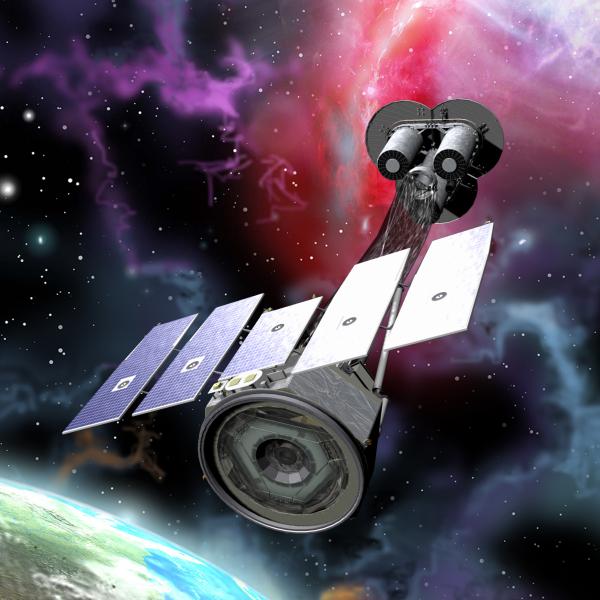Professor Arvidson is a member of the Mars Science Laboratory and Mars Reconnaissance Orbiter mission science teams, and the director emeritus of the Geosciences Node of NASA’s Planetary Data System.
Professor Arvidson is a member of the Earth and Planetary Remote Sensing Laboratory (EPRSL), located in Rudolph 281, with a focus on terrestrial, Venusian, and Martian surface processes. The EPRSL is involved in many aspects of NASA's planetary exploration program, including developing science objectives and plans for missions, participating in mission operations and data analysis, and archiving and distributing data relevant to planetary surfaces and interiors. Arvidson and laboratory personnel have been or are currently involved in these NASA missions: Mars Viking Landers, Magellan Venus Orbiter, Mars Global Surveyor, Mars Odyssey, Mars Exploration Rovers (Spirit and Opportunity), Mars Phoenix Lander, Mars Reconnaissance Orbiter, Mars Science Laboratory (Curiosity rover), the European Space Agency's Mars Express Orbiter, and Mars 2020 Rover Mission. They have also collaborated with colleagues at the Jet Propulsion Laboratory to test prototype Mars rovers and other systems in Earth's deserts and volcanoes.
The EPRSL is the site of the Geosciences Node of NASA's Planetary Data System, working with planetary missions and individual scientists to create and distribute high-quality science data archives.

